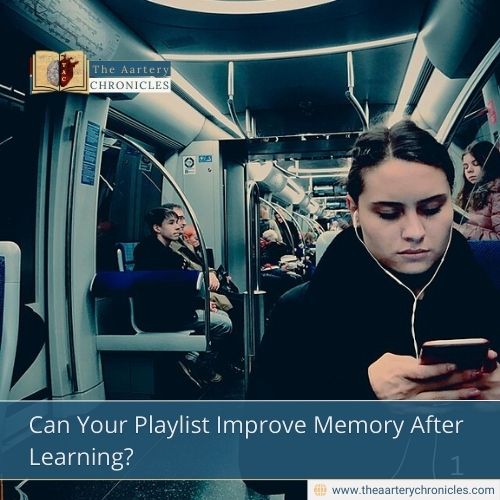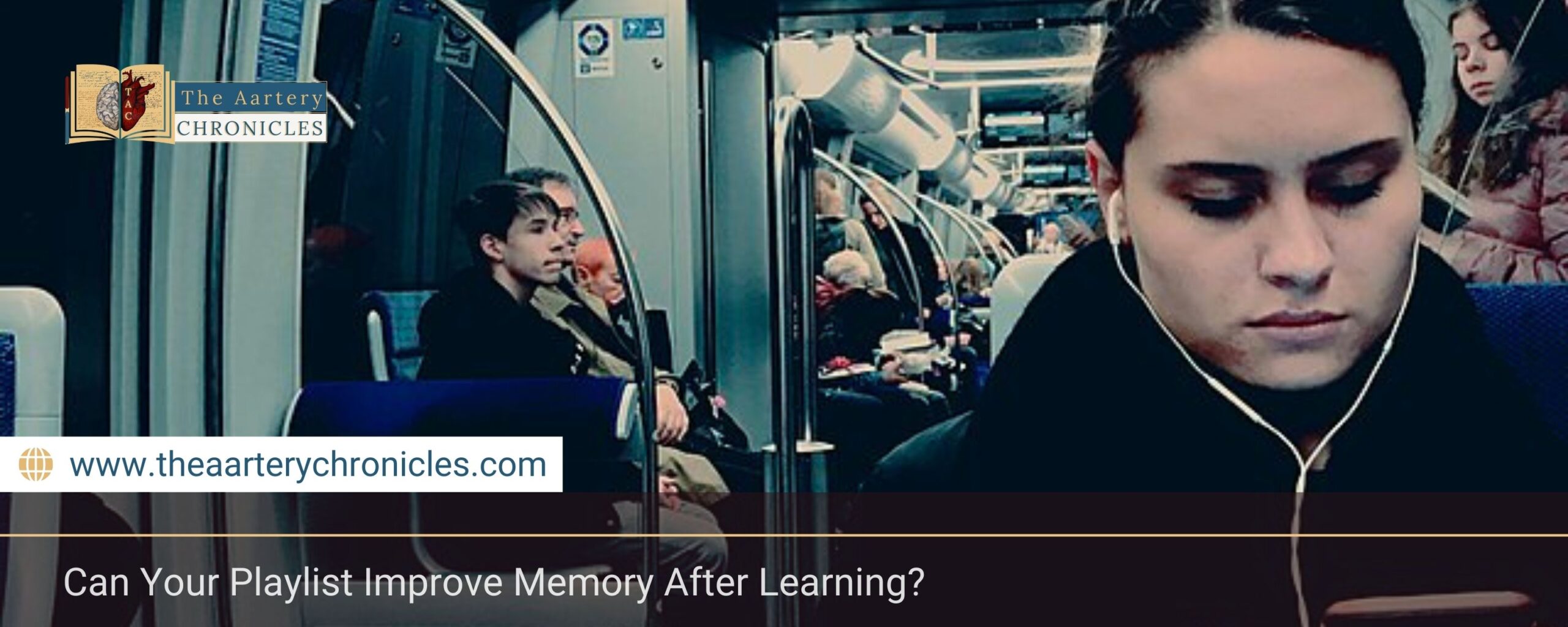

Can Your Playlist Improve Memory After Learning?
Listening to music is something most of us do every day whether to relax, boost our mood, or simply pass the time. But new research from UCLA shows that emotional responses to music influence memory in surprising ways. The study suggests that listening to music after an experience, rather than during, can shape how well we remember details depending on how strongly we feel while listening.
Music, Emotions, and Memory: A Complex Connection
For years, scientists have explored how music affects the brain. They know that songs can trigger emotions and unlock memories, which is why a familiar tune can instantly take you back to a past moment. However, this study adds a new layer: it shows that it’s not the type of music, happy, sad, familiar, or new, that matters most. Instead, it’s the level of emotional response that plays the key role.
Professor Stephanie Leal, who led the research, explained: “There is an optimal level of emotional response that helps people remember specific details. Too much or too little emotion, however, actually makes memory blurrier, leaving only the big picture.”
Inside the Study
To test this, researchers asked volunteers to look at pictures of everyday objects like phones, laptops, and oranges. After viewing about 100 images, participants listened to classical music for 10 minutes. Later, they were tested on their memory of the objects.
They were shown three types of images: identical ones, slightly different versions, and completely new ones. The goal was to see if they could distinguish between details or just recognise the overall gist.
What They Found
Interestingly, music didn’t boost memory for everyone. But for some participants, it made a big difference, especially when it came to spotting small changes in the objects.
The crucial factor was emotional arousal, or how strongly participants reacted to the music. Moderate levels of emotional response led to better detail-based memory. In contrast, very strong or very weak emotional responses made memory less precise, leaving people with only a general impression.
This highlights an important balance:
- Detail-based memory helps us recall specific facts.
- Gist-based memory allows us to hold on to the general meaning or “big picture.”
Music seems to tip the balance one way or the other, depending on the intensity of our emotions.
Why This Matters
The findings suggest practical applications for learning and health. For example, listening to moderately arousing music after studying may help students remember details for exams. On the other hand, highly emotional music might interfere with detail recall, leaving only the gist.
Importantly, this could also be used in medical care. Boosting detail-based memory could help older adults or people in the early stages of Alzheimer’s disease keep their minds sharper. Meanwhile, enhancing gist-based memory could help individuals with PTSD or anxiety soften painful experiences by focusing less on traumatic details.
Music as a Personalised Therapy
Because the “optimal” emotional response varied from person to person, more research is needed to personalise the approach. Still, music offers an exciting, noninvasive, and inexpensive way to influence memory.
As Professor Leal put it: “Music interacts with the hippocampus, a brain region critical for memory. By understanding this connection, we can design interventions that either strengthen or smooth out memory depending on what a person needs.”
Conclusion
This study reinforces the idea that emotional responses to music influence memory in powerful but nuanced ways. The right level of emotion, not too much, not too little, can sharpen memory for details, while stronger emotions may shift focus toward the broader picture.
In everyday life, this means choosing the right music after an experience could help with studying, coping with stress, or even supporting brain health as we age.
Source: Inputs from various media Sources
I’m a pharmacist with a strong background in health sciences. I hold a BSc from Delhi University and a pharmacy degree from PDM University. I write articles and daily health news while interviewing doctors to bring you the latest insights. In my free time, you’ll find me at the gym or lost in a sci-fi novel.
- Priya Bairagi
- Health News and Updates,People Forum
- 24 August 2025
- 15:00








